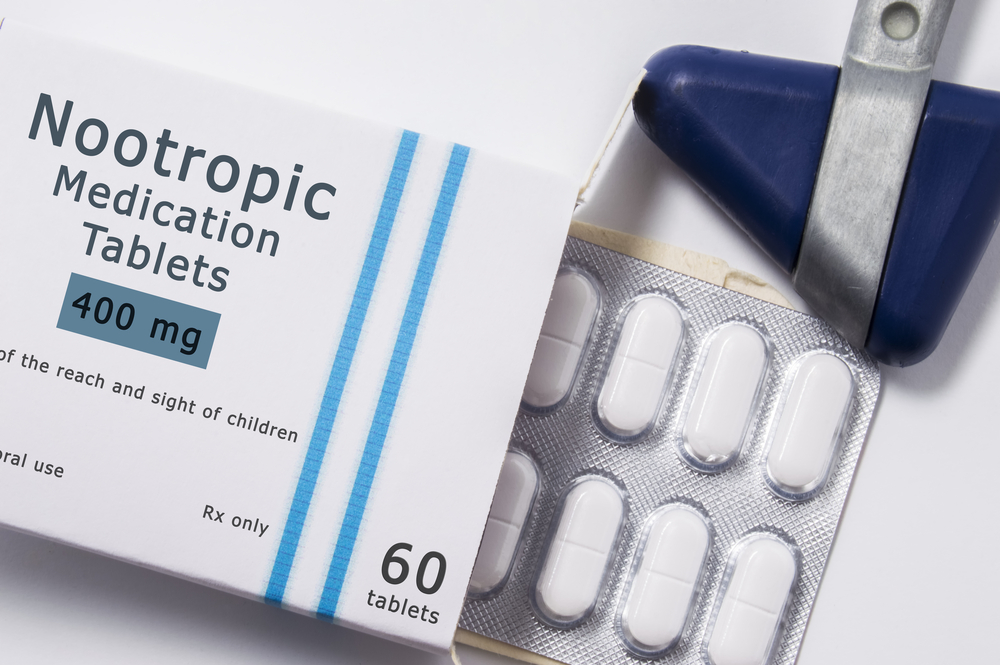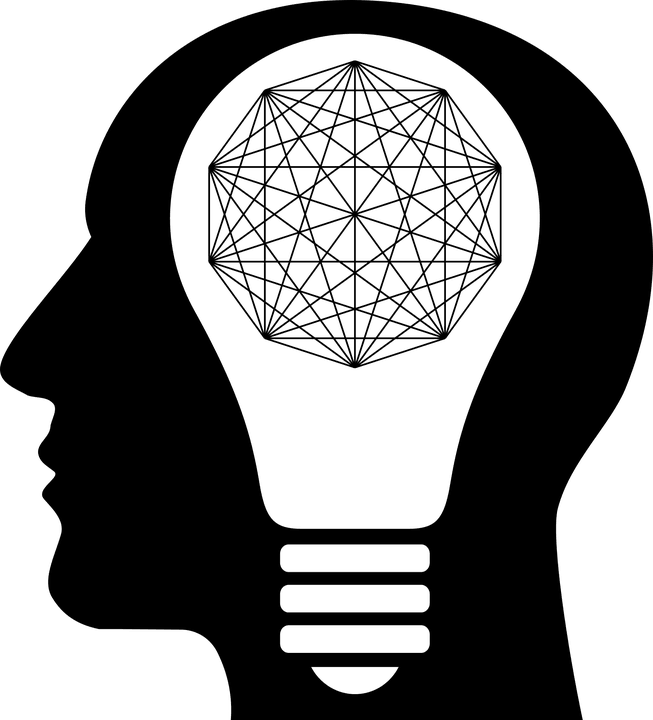Healthy people more and more often reach for drugs, which aim at facilitating the work of the brain. Do they really help them “boost” the brain?
Nootropics
“Such drugs constitute another technology of surmounting the limitation of our biology. Exactly like our evolutionary ancestors once started to use tools in order to better govern environment, in the same way we reach for chemical tools in order to facilitate the work of our brains and measure up to the requirements of technological evolution” - said Prof. Jerzy Vetulani from the Institute of Pharmacology of Polish Academy of Sciences in Cracow.
He highlighted, however, that we are only starting to use this technology and this is why the cooperation of scientists, doctors and first volunteers for testing brain support is so important. We are talking about drugs, which were designed for neurological and psychiatric patients, which means that the consequences of their long-lasting application by healthy people has not yet been known. Let’s take a look at the most easily available.

Synthethic support
The most commonly used nootropic substances are stimulants. Not all of them need to be bought in the pharmacy. Humanity has been using caffeine contained in coffee or tea for hundreds of years. It improves concentration, drive sleep away, increases productivity and reaction time to stimuli etc. No wonder then that caffeine has become a part of the modern culture and a coffee break is for many a constant element of every working day. Stimulation with caffeine may be additionally reinforced, by taking L-Theanine at the same time. It is an amino acid occurring in green tea, which has relaxing and calming effect. Thanks to this, it decreases negative side effects sometimes caused by coffee (e.g. nervousness).
Drugs for ADHD
They are prescribed mostly to children. If a patient really has attention disorders, this drug may improve concentration. In other cases, taking stimulants does not facilitate cognitive processes.
A lot of doubts are also caused by using drugs which aim at facilitating memorization and recalling the content coded in the brain. There is a popular combination of piracetam and choline. However, the first of these drugs, despite improving the functioning of nervous cells, e.g. in people after strokes, starts to work only after many days or weeks of regular application. Therefore, if someone feels the boost of mental strengths after the first tablet of piracetam, it is most probably the placebo effect - we are stimulated by the mere fact of swallowing the “magic pill”.
Do they work for everyone?
Each drug has some side-effects. Scientists who criticize “boosting the brain” highlight that irresponsible application of stimulants may cause problems with blood pressure and heart work and it may also lead to addiction. On the other hand, these preparations have been so well-researched that such effects may be predicted and counteracted when needed. Are the advantages larger that the risk? Researchers are not in agreement in this respect, but they highlight that we always need to inform patients about dangers. The doubts do not only concern health issues. It is not clear how effective nootropics may be. They definitely do not provide such spectacular effects like the ones we could see in the movie “Limitless”. The protagonist of this movie, after taking an experimental substance NZT-48 achieves superhuman mental ability. While in reality, even the best drugs do not have the same effect on everybody. This is probably because we differ in terms of genes, metabolism, etc. Nootropics will be most helpful for those, whose mental abilities are lower than average - highlights Prof. Martha J. Farah from the University of Pennsylvania. When someone easily focuses on work, stimulants will not change anything.
It is also hard to expect one tablet to change an average person into a genius. Intelligence is a very complex feature and it is hard to imagine all its aspects to be improved at one blow, even by taking a “cocktail” made of various substances. Especially that in case of nootropics, there is often a rule “ quid pro quo”. Some of them may for example switch the brain into the ultralogical way of thinking, changing us into people devoid of emotions (someone like Mr Spock from “Star Trek”). Stimulants, in turn, by closing us in the bubble of concentration, may weaken creativity. If we improve the activity of long-term memory, it may negatively influence short-term, working memory. There is one more problem - relying on “artificial willpower”.
Scientists say: we are also using them!
In 2008, a prestigious scientific magazine “Nature” asked its readers to fill in a questionnaire. As much as 20% of them confessed to reaching for drugs improving concentration or memory. In the same magazine, but a year earlier, an article “Professor’s Little Helper” appeared. Its author, Prof. Barbara Sahakian from Cambridge University, directly said that scientists often pharmacologically support the work of their brains. An appeal for making such drugs improving cognitive abilities available to healthy people also appeared in this magazine. Among others Prof. Michael Gazzaniga supported this, one of the best-known neuroscientists in the world.







2 Comments